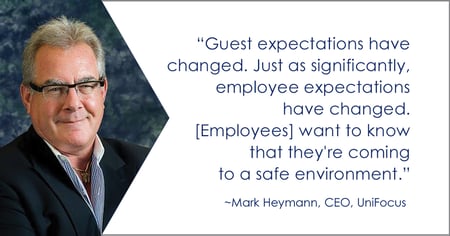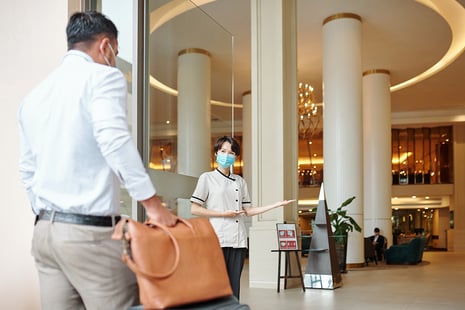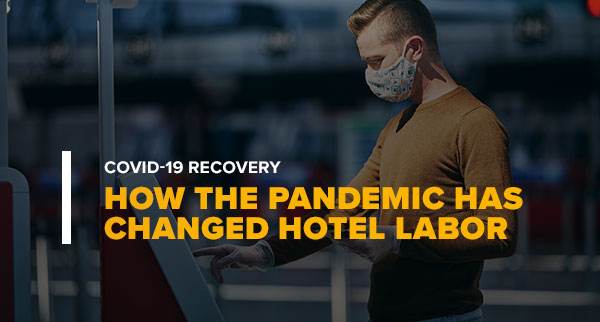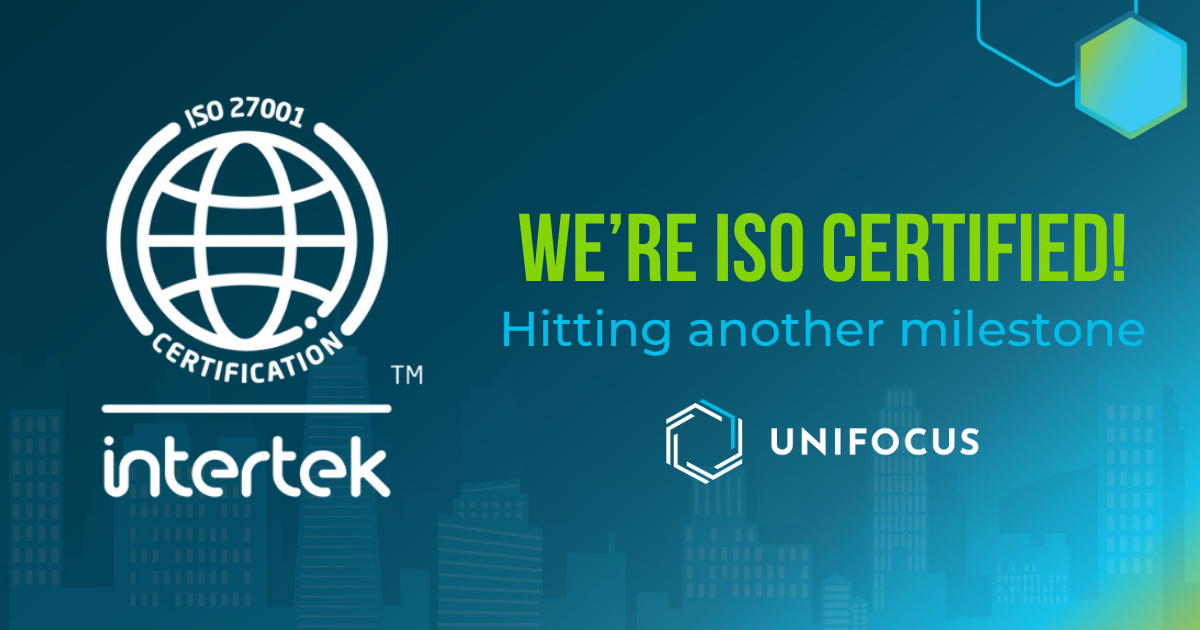March 11, 2021 - By Jena Tesse Fox - Published in Hotel Management - After a year of furloughs, closures and reduced hours, the labor crisis the hospitality sector faced up until early 2020 seems like a distant memory. Today, with many hotels running skeleton crews and trying to turnn any kind of profit, the relationship between management and employees is shifting again. “I don't think that there's a shortage anymore [with] so many people unemployed,” said David R. Rothfeld, head of the labor and employment team at law firm Ellenoff Grossman & Schole. “While that may have been the case in 2019 or so, it's certainly not the case now.”
The New So-Called Normal
The pandemic affected every role in hospitality, said Mark Heymann, CEO of labor management software company UniFocus. “It also changed the roles of managers, and in many cases managers were—and actually are—doing some of the work that we used to have hourly employees do,” he said. While hotels have always had fluctuations in occupancy throughout the work week and resulting fluctuations in labor demand, some hotels have so little midweek business that they need almost no employees to clock in. “And then, all of a sudden, weekend visitors can pick up, especially in [drive-to] markets. And that's creating a whole new demand on employees and how to manage that team,” Heymann said.

As demand increases and hoteliers either hire new staff or bring employees back, Heymann said, the team will need to undergo training in new service demands, particularly in cleaning protocols. “Guest expectations have changed,” he said. Just as significantly, employee expectations have changed. “They want to know that they're coming to a safe environment,” he said.
Those new protocols w
ill not only be for guest assurance, of course. “The primary focus of labor is health and safety,” Rothfeld agreed. “The issues now are more aligned with training and educating employees to the new so-called normal.” This includes everything from wearing personal protective equipment to serving restaurant guests safely. “You'll see a greater focus on technology and keeping hotels clean, whether it's [high-efficiency particulate air] filters or other types of [Centers for Disease Control and Prevention]-recommended or -approved measures or technologies such as keyless entry [that] minimize the level of personal interaction.”
Targeted Outreach
In December, Oneida Nation Enterprises launched the “New Year, New Career” campaign in Orlando to fill 250 positions for its upstate New York hotels and resorts. The campaign included a series of regionally targeted recruitment drives to attract recently laid-off workers from other companies like Disney and Universal Studios. As of press time, the company had hired about 150 employees since starting the campaign. “We're very pleased to be in a position to be able to do so,” said Joel Barkin, VP of communications for Oneida Nation Enterprises, who worked closely on the campaign. “It’s really about an investment in our future, and when we come out of this COVID moment, making sure that we have the team in place in order to be the best property we can be.”
Throughout the pandemic, the company covered employee healthcare and adjusted schedules to make sure parents with kids who were now learning from home could still hold on to their jobs. “We overcommunicated with employees,” Barkin said. “We were very transparent about everything going on [about] decisions we were making, because all that impacted them directly. Health and safety [were] our first and foremost priority, and we had to prove that through actions with our employees. And they saw that.”
Challenges
In both  union and nonunion markets, Rothfeld sees hotels and companies working to make the workplaces safe. “In the unionized market, the unions, together with the industry [in] most areas, have negotiated health and safety protocols ... And in the nonunion settings, it tends to be something that the local city council or government bodies have taken on.”
union and nonunion markets, Rothfeld sees hotels and companies working to make the workplaces safe. “In the unionized market, the unions, together with the industry [in] most areas, have negotiated health and safety protocols ... And in the nonunion settings, it tends to be something that the local city council or government bodies have taken on.”
“We've also seen the impact in some areas of new work rules and regulations that have been put in by localities or states that have made the service industry employment a little more challenging,” Heymann said. For example, predictive scheduling makes it more difficult for the operator to be able to schedule well in advance and hold to those schedules. “At the same time, we do see a greater recognition of employee life stability, so that no longer are you able to call in employees at the last minute.”
Heymann has also seen an increase in millennials in the managerial workforce. “Therefore, we're seeing a higher level of recognition of environmental attitudes and some cultural issues relative to communication, and probably a little more recognition of a little more balance, as they say, in the workplace,” he said.
Click here to read the original article in Hotel Management.






